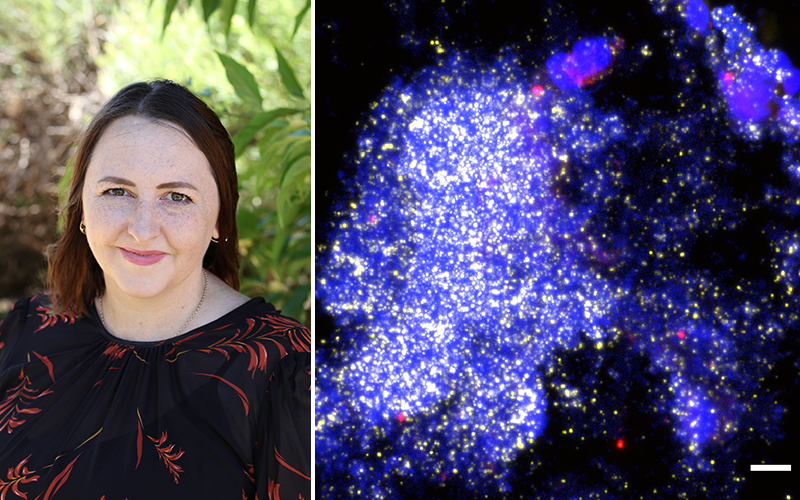Search

News & Events
Childhood influenza vaccination rates improves with better accessMore children across Australia are being vaccinated against the flu since funding was expanded and access widened under the National Immunisation Program
Research
Effectiveness of nirsevimab in preventing RSV-hospitalisation among young children in Western Australia 2024Respiratory Syncytial Virus (RSV) causes a significant burden of illness for children under 2 years of age. Nirsevimab, a long-acting monoclonal antibody, was registered for RSV prevention in Australia in 2023. In April 2024, Western Australia (WA) launched the country's first state-wide nirsevimab program for all infants and high-risk children entering their second RSV season.
Research
Predicting regional and temporal incidence of RSV and influenza hospitalizations in a birth cohort of young Australian childrenWestern Australia experiences multiple climatic zones, influencing the epidemiology of respiratory viruses. We aimed to estimate the true incidence of respiratory syncytial virus and influenza hospitalizations across these different climatic regions using predictive modelling.
Research
Australian Group on Antimicrobial Resistance surveillance outcome programs - bloodstream infections and antimicrobial resistance patterns in Australian children and adolescents 2022 - 2023Between January 2022 and December 2023, there were 1,827 bloodstream infection (BSI) isolates in 1,745 children and adolescents reported to the Australian Group on Antimicrobial Resistance (AGAR) surveillance outcome programs, with 40% of episodes in children aged < 12 months.
Research
Pneumococcal conjugate vaccine primes mucosal immune responses to pneumococcal polysaccharide vaccine booster in Papua New Guinean childrenInvasive pneumococcal disease remains a major cause of hospitalization and death in Papua New Guinean (PNG) children. We assessed mucosal IgA and IgG responses in PNG infants vaccinated with pneumococcal conjugate vaccine (PCV) followed by a pneumococcal polysaccharide vaccine (PPV) booster.

News & Events
Top-up funding announced to fast-track clinical trials of Spritz-OMResearchers developing a nasal therapy to prevent childhood ear infections and reduce overuse of antibiotics have received $300,000 in top-up funding.
Research
SMS-based interventions for improving child and adolescent vaccine coverage and timeliness: a systematic reviewThe aim of this review was to investigate the impact of short message service (SMS)-based interventions on childhood and adolescent vaccine coverage and timeliness.

News & Events
Landmark research investigating benefits of COVID-19 vaccination for kids set to launch at The Kids Research Institute AustraliaA first-of-its-kind national study looking at the optimal COVID-19 vaccination strategies for children and adolescents is set to begin at Perth’s The Kids Research Institute Australia thanks to a $3.8 million funding injection from the Australian Government’s Medical Research Future Fund (MRFF).

News & Events
Bacterial slime causing persistent wet coughs for childrenResearchers using powerful microscopes have identified bacterial slime in the lungs of some children with persistent wet coughs.

News & Events
The Kids researchers honoured at Premier’s Science AwardsCongratulations to Telethon Kids Institute researcher Dr Chris Brennan-Jones who was named Woodside Early Career Scientist of the Year at last night’s 2020 Premier’s Science Awards.
